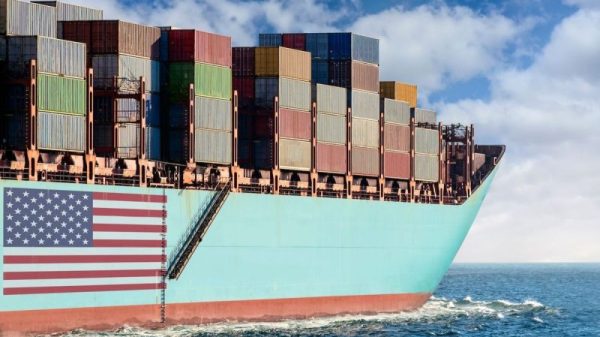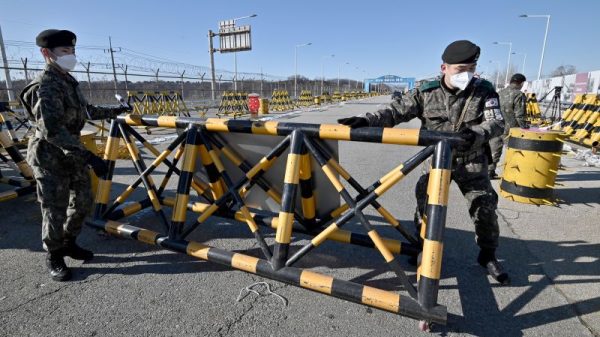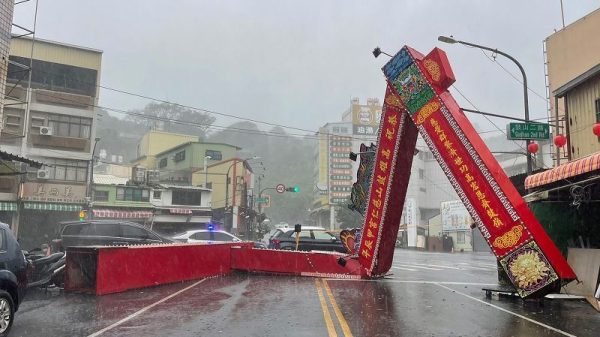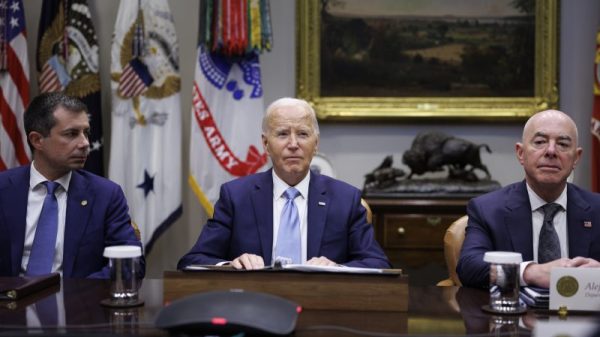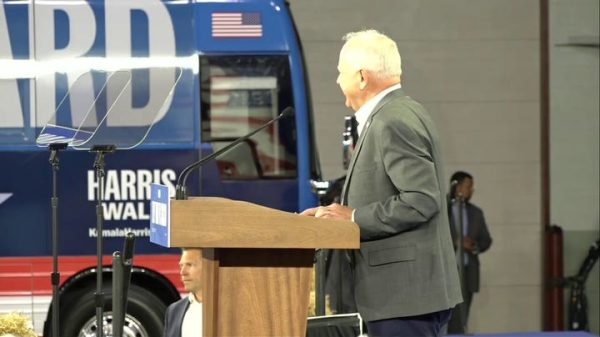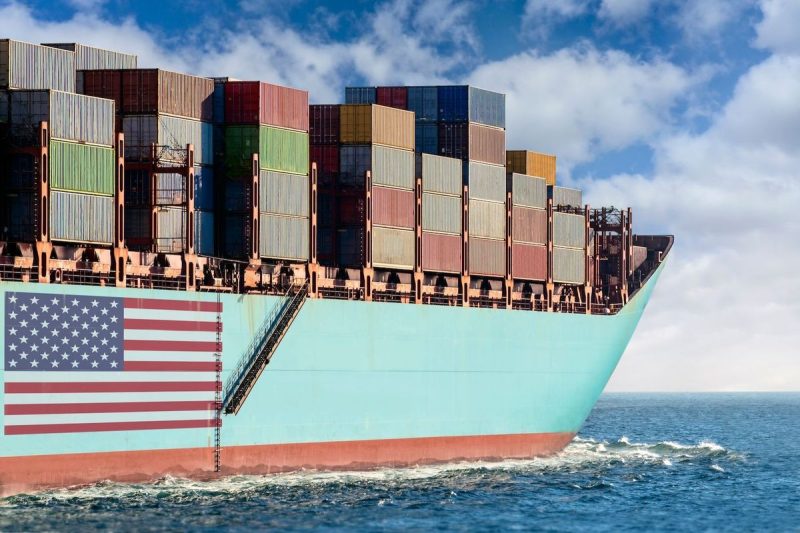A large-scale dockworkers’ strike has commenced at major ports along the East and Gulf coasts in the US, halting container traffic and disrupting a significant portion of the nation’s trade.
The walkout, initiated by members of the International Longshoremen’s Association (ILA) early on Tuesday (October 1), is expected to impact US imports and exports, and could send ripple effects through global supply chains.
According to Bloomberg, ports from Maine to Texas have effectively ceased operations as a result of stalled negotiations between the ILA and the US Maritime Alliance (USMX) after months of discussions.
The ILA, which represents approximately 45,000 dockworkers, is demanding better wages and a rollback of provisions on port automation. Primary points of contention between the parties center around the automation of port terminals, which the union argues threatens job security for its members.
ILA President Harold Daggett has been vocal in opposing automation, stating that workers should not bear the burden of technological advancements that could lead to job losses.
“We are prepared to fight as long as necessary, to stay out on strike for whatever period of time it takes,” he said.
The union is also seeking higher wages and better working conditions in the face of inflation and rising living costs.
The strike affects 14 major ports that handle roughly half of all US containerized trade, making it one of the largest recent disruptions to US port operations. Additionally, it’s the first major strike of its kind in almost five decades.
While the USMX has proposed wage increases and enhancements to worker benefits, including contributions to pension plans and healthcare options, the union has rejected these offers, calling for more substantial increases in pay and greater protections against the introduction of automated technologies in port operations.
The strike follows months of warnings from the union, which had threatened to take action if no deal was reached by the Monday (September 30) deadline.
White House intervention potentially on the table
The Biden administration has been closely monitoring the situation, but has not yet intervened.
President Joe Biden, known for his pro-union stance, has refrained from invoking the Taft-Hartley Act, a federal law that would allow him to order the striking workers back to their jobs for an 80 day cooling-off period.
While the government has encouraged both sides to return to the negotiating table, there has been no direct involvement in the labor dispute so far. Some business groups, including the US Chamber of Commerce, have called on the president to take action, citing the potential damage to the economy.
Suzanne Clark, CEO of the chamber, expressed concerns about the economic fallout, stating that ‘it would be unconscionable to allow a contract dispute to inflict such a shock to our economy.’
The immediate impact will be felt in industries that rely heavily on imported goods, such as retail, manufacturing and automotive. The pharmaceutical and electronics sectors are also likely to feel the effects of the action.
Retailers in particular are bracing for potential shortages of goods, especially as the holiday shopping season approaches. Aside from that, it’s possible that the strike could have a knock-on effect on international trade as goods destined for US markets are delayed or rerouted through other ports.
The economic cost of the strike could reach as much as US$4.5 billion per week, depending on the duration. A week-long strike could take up to a month to recover from, with cascading delays in the shipping industry. Some experts predict that the strike could last for several weeks if negotiations remain stalled.
As the strike enters its second day, attention is focused on whether the White House will step in to prevent further disruptions. For now, both the union and port operators appear entrenched in their positions.
Securities Disclosure: I, Giann Liguid, hold no direct investment interest in any company mentioned in this article.




